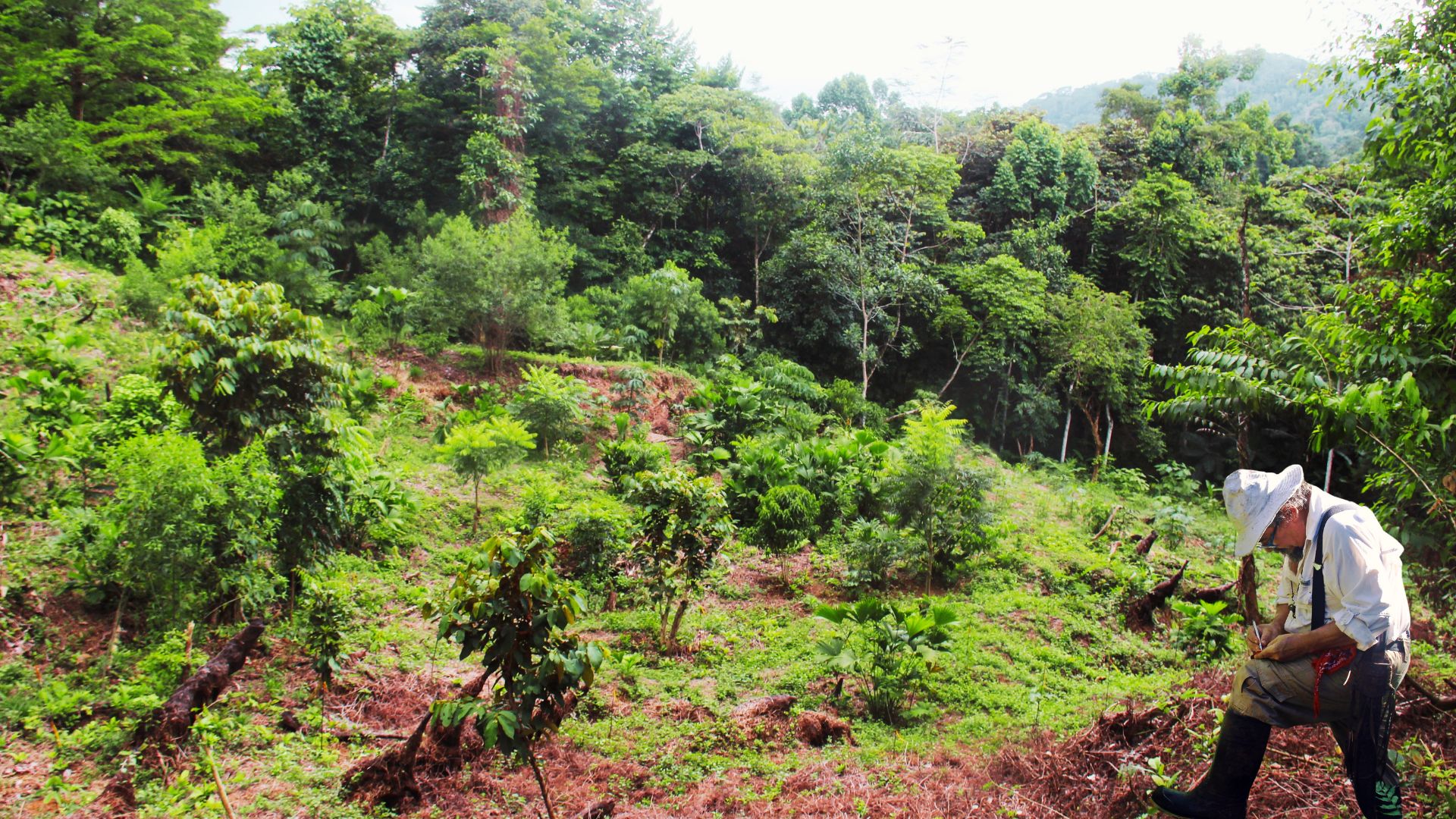The doors of Syria’s prisons were flung open after an Islamist-led rebel alliance ousted longtime ruler Bashar al-Assad this month, more than 13 years after his brutal repression of anti-government protests triggered a war that would kill more than 500,000 people.
read more
Representational Image- AFP
The visiting head of a UN investigative body for Syria said Sunday it was possible to find “more than enough” evidence to convict people of crimes against international law, but there was an immediate need to secure and preserve it.
The doors of Syria’s prisons were flung open after an Islamist-led rebel alliance ousted longtime ruler Bashar al-Assad this month, more than 13 years after his brutal repression of anti-government protests ignited a war that claimed over 500,000 lives.
With families rushing to former prisons, detention centres and alleged mass graves to find any trace of disappeared relatives, many have expressed concern about safeguarding documents and other evidence.
“We have the possibility here to find more than enough evidence left behind to convict those we should prosecute,” said Robert Petit, who heads the International Impartial and Independent Mechanism (IIIM) set up by the UN in 2016 to prepare prosecutions for major international crimes in Syria.
But he noted that preserving evidence would “need a lot of coordination between all the different actors”.
“We can all understand the human impulse to go in and try and find your loved ones,” Petit said. “The fact is, though, that there needs to be a control put in place to restrict access to all these different centres… It needs to be a concerted effort by everyone who has the resources and the powers to do that to freeze that access, preserve it”.
The organisation, known as the Mechanism, was not permitted to work in Syria under Assad’s government but was able to document many crimes from abroad.
Since Assad’s fall, Petit has been able to visit the country but his team still require authorisation to begin their work inside Syria which they have requested.
He said his team had “documented hundreds of detention centres… Every security centre, every military base, every prison had their own eith

